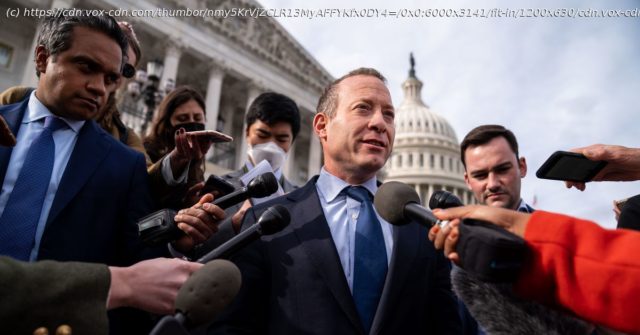The Build Back Better Act could include an increased cap for the state and local tax deduction.
As negotiations over the Build Back Better Act (BBB) move forward, the state and local tax deduction, or SALT, has emerged as the latest intraparty bargaining chip in Democrats’ efforts to pass the $1.75 trillion social spending package. Specifically, Democrats in states with high state and local taxes like California, New York, and New Jersey are backing a proposal to raise the cap on the amount of state and local taxes individuals can deduct from their federal income taxes from $10,000 to $72,500. The SALT deduction is a way for people, especially in states where income, sales, and property taxes are high, to escape double-paying on taxes that they’ve paid for the services provided by states and localities — things like education, health care, and transportation. Before 2017, taxpayers who itemized their returns could claim an unlimited dollar amount as a SALT deduction; subsequently, a Republican Congress passed the Tax Cuts and Jobs Act, or TCJA, limiting the eligible SALT deduction to $10,000 per year. Imposing that cap primarily affected high earners in blue states and allowed the government to raise more money from taxes, though it was offset at the time by sweeping tax cuts in the same Republican bill. Now, the push to raise the cap is a way to get more Democrats — particularly moderates and the aforementioned legislators from high-tax states with high earners — on board with the broader reconciliation bill. But given that the existing SALT cap aligns with the general progressive belief that the highest earners should pay more in taxes to fund investments like the BBB, Democratic support for raising it can be confusing. Here’s why some Democrats want to see the SALT cap lifted anyway, what that would mean for tax policy in the US — and how it could affect ordinary American taxpayers: How will a higher cap on the SALT deduction affect me? If the SALT cap changes currently being discussed for the reconciliation bill go through, whether or not they’ll affect your tax bill depends on your income, where you live, and other specifics, like property ownership. As Vox’s Emily Stewart explained in April, people can choose to deduct some expenses from their taxable income. As Stewart writes: The types of expenses people can choose to deduct — income or sales tax, property tax, medical expenses, and charitable donations, for example — won’t change. The amount they are able to deduct because of those state and local taxes, however, could. Much like the 2017 deduction cap impacted higher earners — typically those earning more than $100,000 — by effectively increasing the amount of annual income subject to federal taxes, an increase in the deduction cap would primarily benefit those same higher earners.






